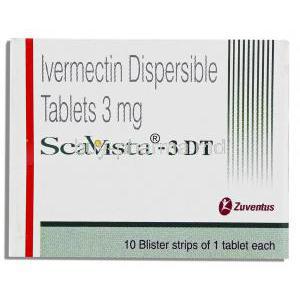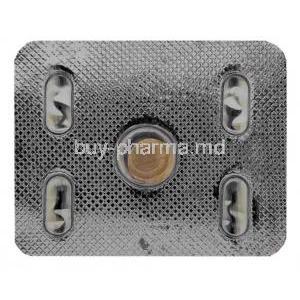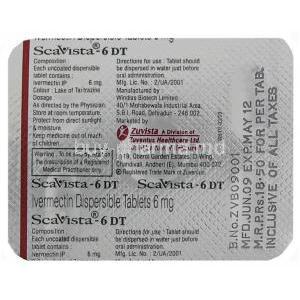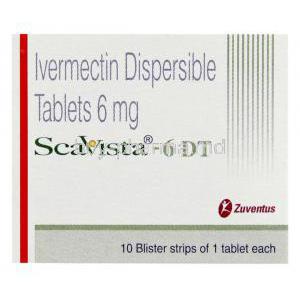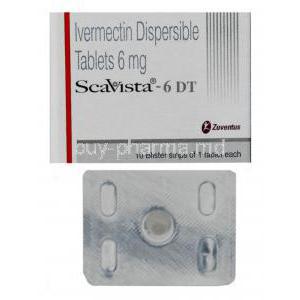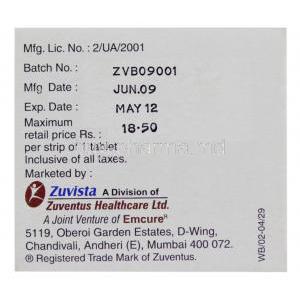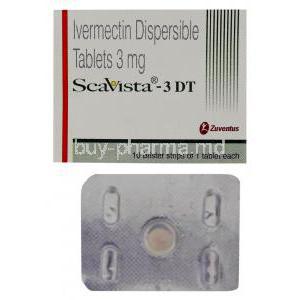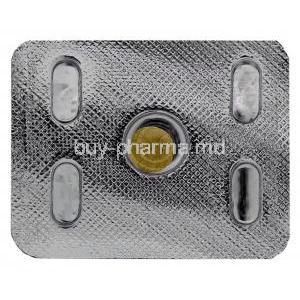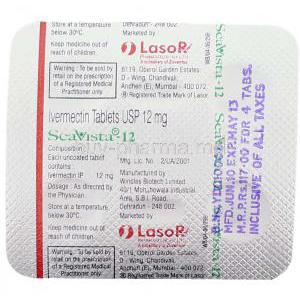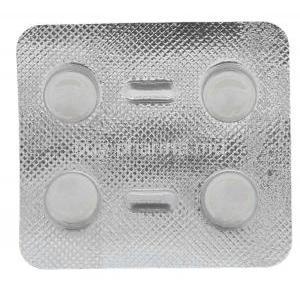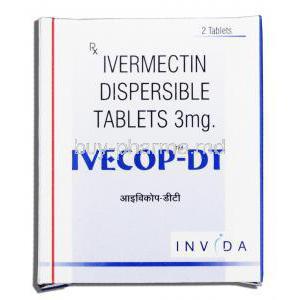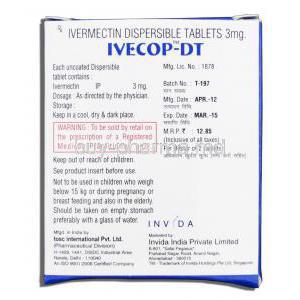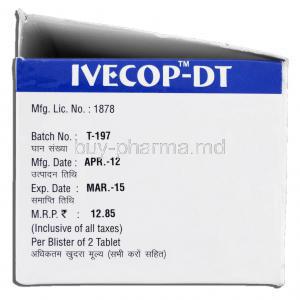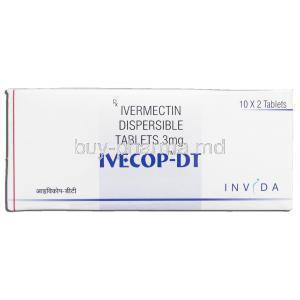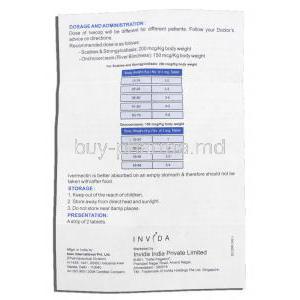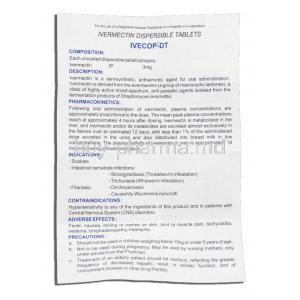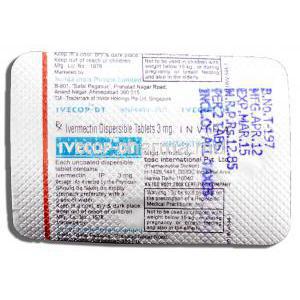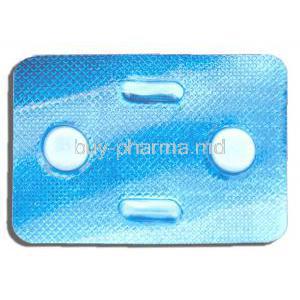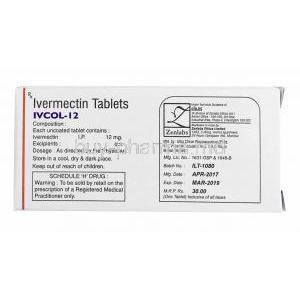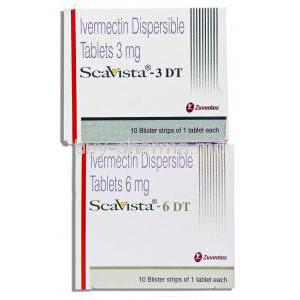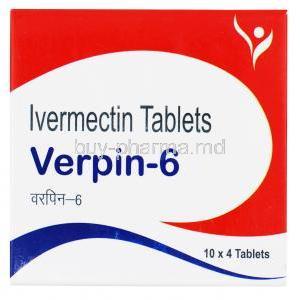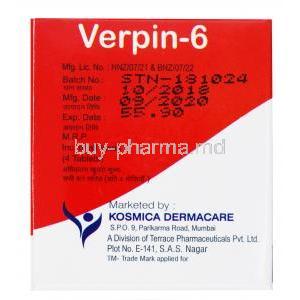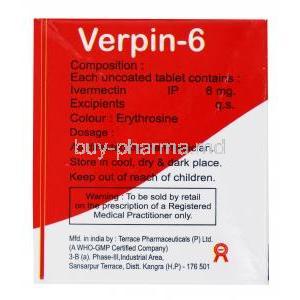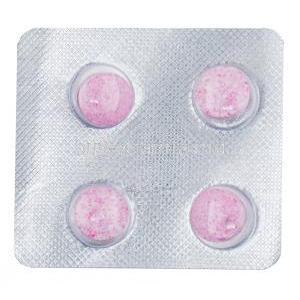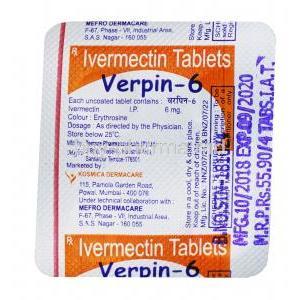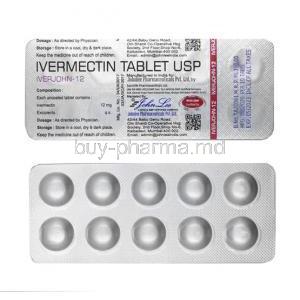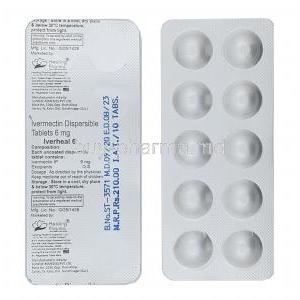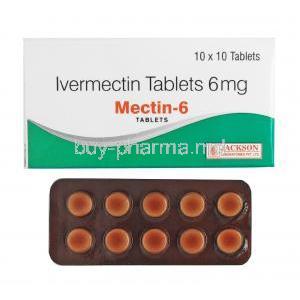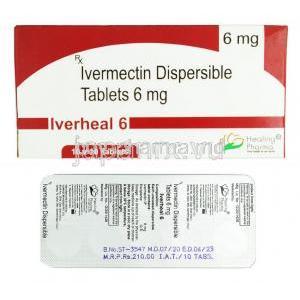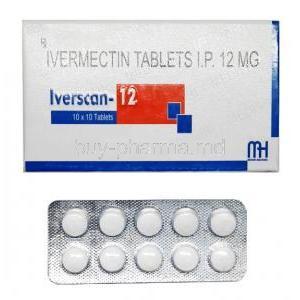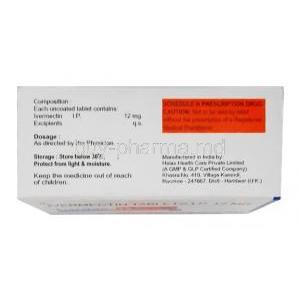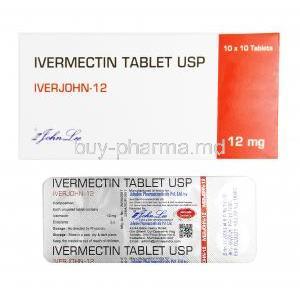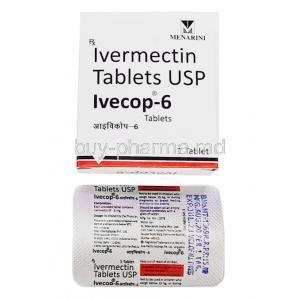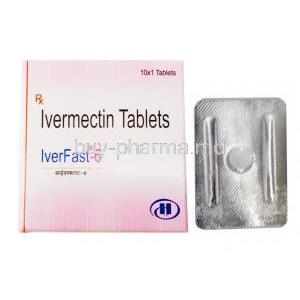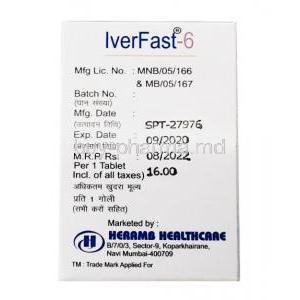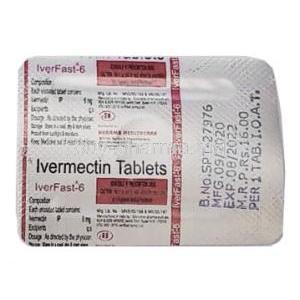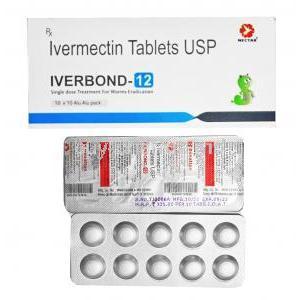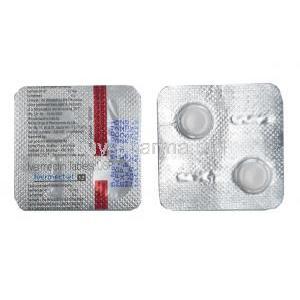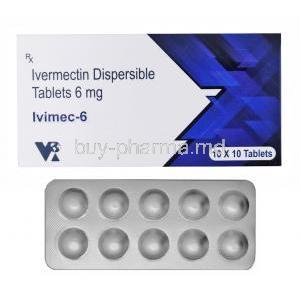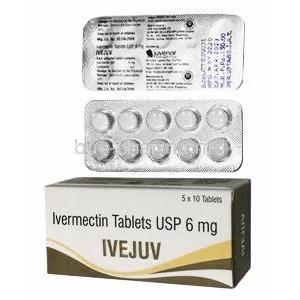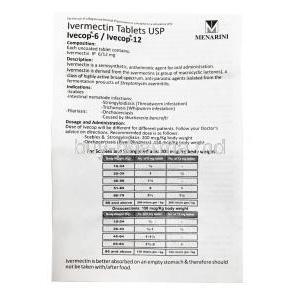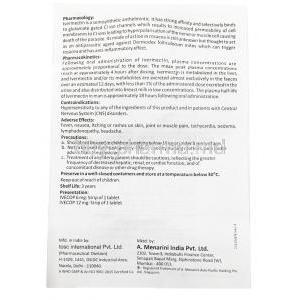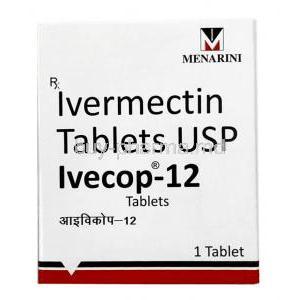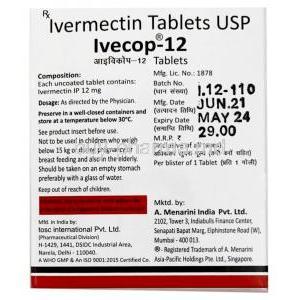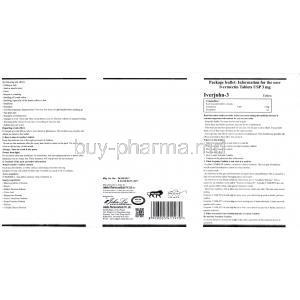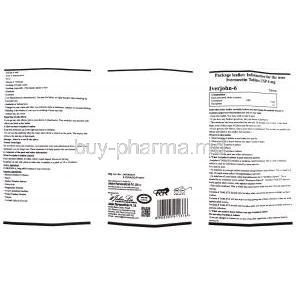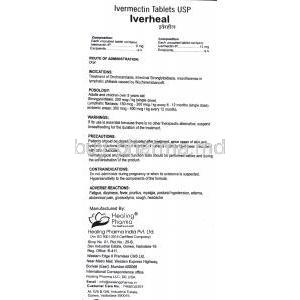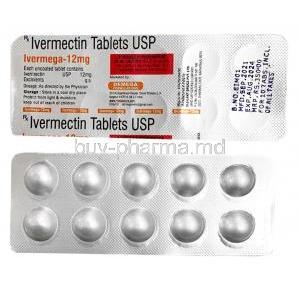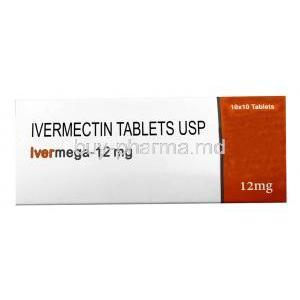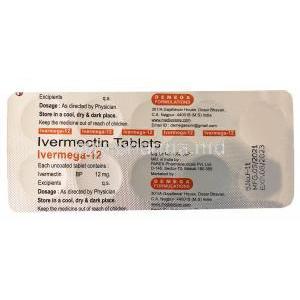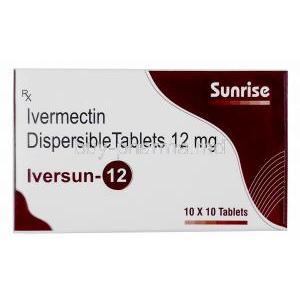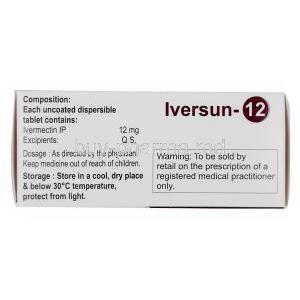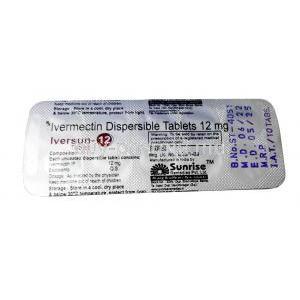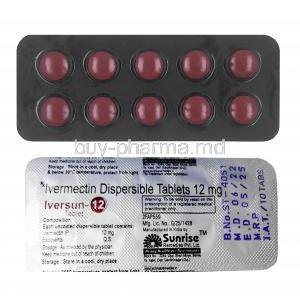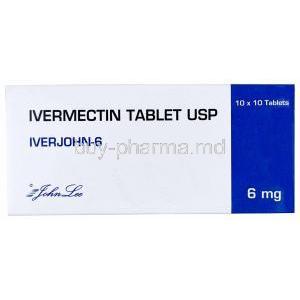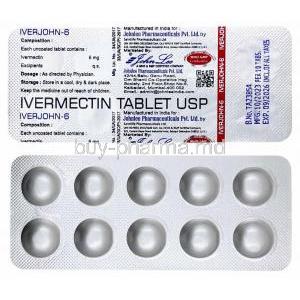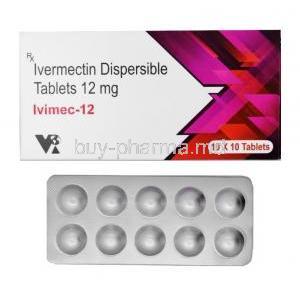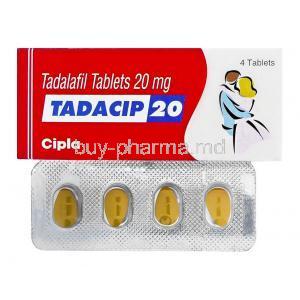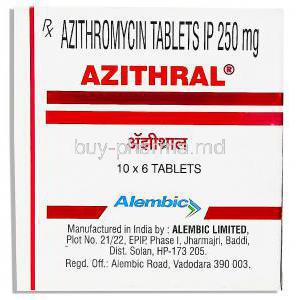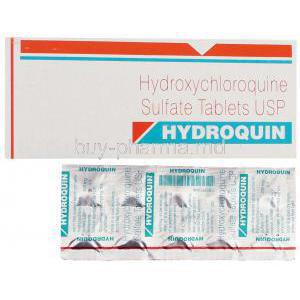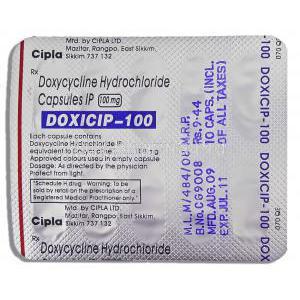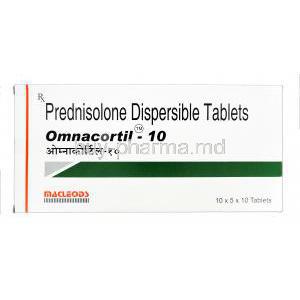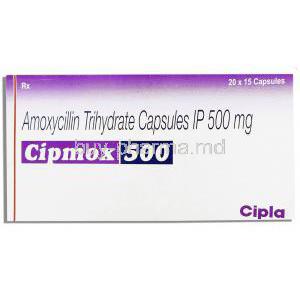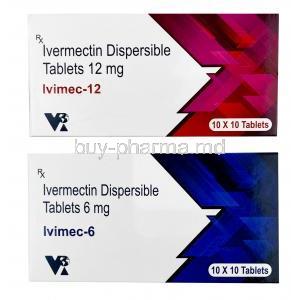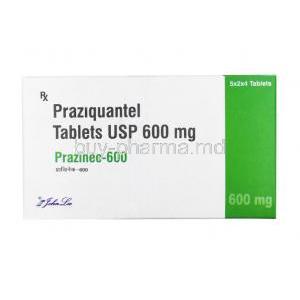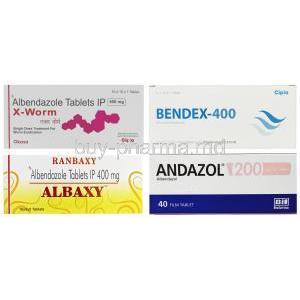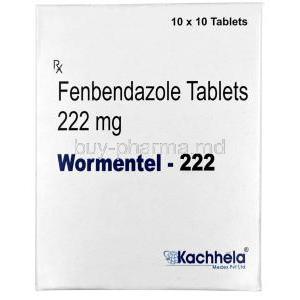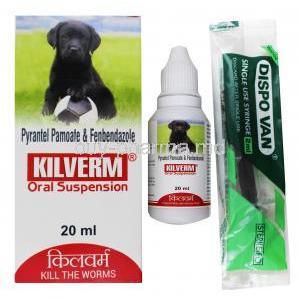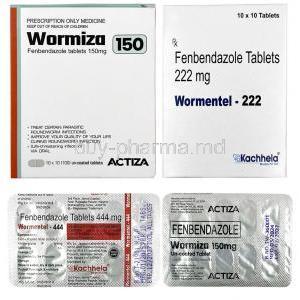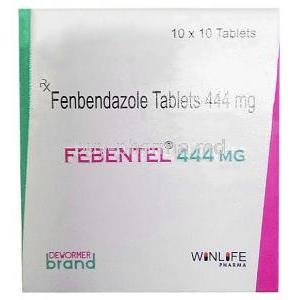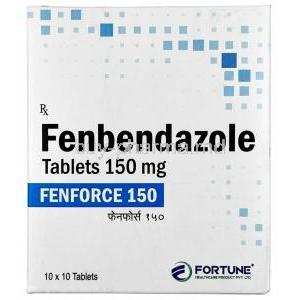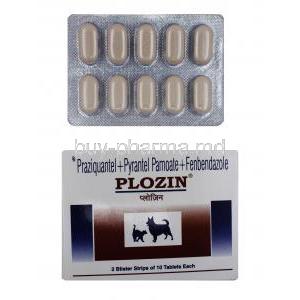Ivermectin
- Introduction to Ivermectin
- Composition of Ivermectin
- III. Mechanism: How Ivermectin Works
- IV. Approved Uses of Ivermectin
- V. Off-label Use of Ivermectin
- VI. Dosage and Administration of Ivermectin
- VII. Ivermectin: Side Effects and Management
- VIII. Warnings and Contraindications of Ivermectin Use
- IX. Interactions with Ivermectin
- X. Special Considerations in Ivermectin Administration
- XI. Handling Overdosage of Ivermectin
- XII. Storage and Handling Precautions for Ivermectin
- XIII. In Conclusion: Reviewing the Key Points about Ivermectin
Introduction to Ivermectin
Ivermectin, a medication developed in the 1970s by Japanese microbiologist Satoshi Ōmura and Irish pharmacologist William C. Campbell has proven to be highly effective in treating parasitic infections in recognition of their groundbreaking discovery of a new therapy against roundworm parasites. Ōmura and Campbell were awarded the Nobel Prize in Physiology or Medicine in 2015 for their discovery. Ivermectin has been widely used to treat various parasitic infections in humans and animals. Its effectiveness against numerous parasitic diseases led to its inclusion in the World Health Organizations List of Essential Medicines.
Brief History and Discovery
With a tremendous dedication to their research endeavors Satoshi Åmura and William C. Campbell undertook a profound investigation during the 1970s through their meticulous analysis of soil samples sourced from Japan. They unexpectedly made a groundbreaking discovery. Hidden within these samples lay an exceptional bacterial strain capable of producing an extraordinary avermectin compound. The unrivaled efficacy demonstrated by avermectin in combatting parasites that precipitate river blindness (onchocerciasis) and lymphatic filariasis propelled further scientific investigations. Consequently, Ivermectin emerged as a derivative compound receiving authorization for human usage in 1987. Its invaluable contributions encompass the comprehensive treatment of various parasitic infections afflicting the human population and animal kingdom.
Overview of Ivermectin's Role in Modern Medicine
Ivermectin is mainly prescribed for treating parasitic infections like river blindness (onchocerciasis). Strongyloidiasis and scabies. Its mechanism of action involves paralyzing and eliminating the parasites responsible for these infections in recent times. There has been a growing interest in utilizing Ivermectin as a potential treatment for COVID-19. However, it is essential to note that the World Health Organization (WHO) recommends using Ivermectin exclusively within clinical trials for COVID-19 treatment.
Composition of Ivermectin
Key Ingredients and Their Role
Ivermectin is a compound derived from avermectin, which is naturally produced by Streptomyces avermitilis through fermentation. The active component in Ivermectin is 22,23 dihydroavermectin B1a. Its mechanism of action involves binding to glutamate-gated chloride channels found in both nerve and muscle cells of parasites, as a result. There is an increased influx of chloride ions into these cells. It was ultimately leading to cellular hyperpolarization and paralysis of the parasites.
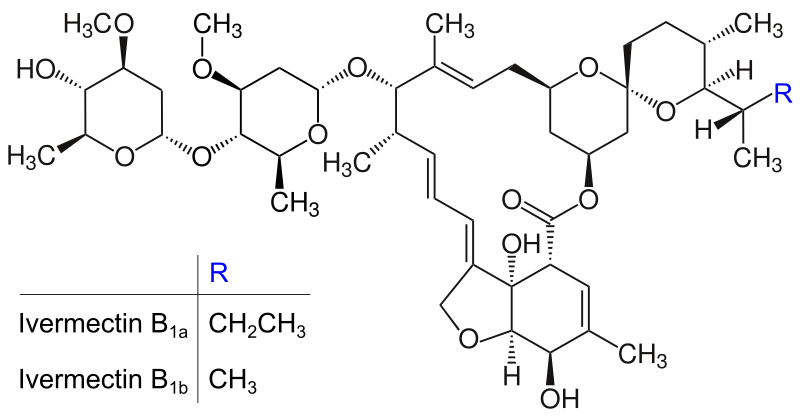
Understanding the Formulation
Ivermectin is offered in various forms, including tablets, creams, lotions, and injectable formulations. The appropriate dosage and formulation will vary depending on the specific infection being treated as well as the age and weight of the patient.
III. Mechanism: How Ivermectin Works
Detailed Description of Ivermectin's Mechanism of Action
The action mode for Ivermectin involves binding to glutamate-gated chloride channels within the nerve and muscle cells found in parasites; through this mechanism, there is a notable increase in the influx of chloride ions into these cellular structures. It causes them to undergo hyperpolarization, ultimately leading to paralysis in the parasites it affects. However, it is imperative to recognize that Ivermectin's effectiveness does not extend to all parasites. Its optimal efficacy is witnessed specifically against nematodes (roundworms) and arthropods (insects and spiders).
The Significance of Ivermectin’s Mechanism in Treatment
The mechanism of action of Ivermectin is highly significant as it specifically targets the nervous system of parasites. As a result, it proves to be an effective treatment for parasitic infections that primarily impact the nervous system, including river blindness (onchocerciasis) and strongyloidiasis.
IV. Approved Uses of Ivermectin
Parasitic Infections Treated by Ivermectin
Ivermectin is a medication primarily used to treat parasitic infections, including river blindness (onchocerciasis), strongyloidiasis, and scabies. It is also employed in managing other parasitic infections such as lymphatic filariasis, head lice, and threadworms (pinworms). Intestinal strongyloidiasis. External ear mites in dogs and cats. Sarcoptic mange in dogs and heartworm disease in dogs and cats as a preventive measure.
Exploring Other Approved Medical Indications
In veterinary medicine, Ivermectin has obtained authorization for treating parasitic infections in animals. Furthermore, there exists keen interest in exploring its potential application against COVID-19. Nonetheless, it is crucial to observe the guidance provided by the World Health Organization (WHO), which advocates judiciousness and specifies that Ivermectin should exclusively be used as an intervention for COVID-19 through rigorous clinical trials.
V. Off-label Use of Ivermectin
Common Off-label Uses in Different Medical Conditions
Ivermectin is an FDA-approved drug used to treat people with intestinal strongyloidiasis and onchocerciasis, two conditions caused by parasitic worms. Some topical forms of Ivermectin are also approved to treat external parasites such as head lice and for skin conditions such as rosacea. However, the FDA has warned against using Ivermectin to treat or prevent COVID-19. The World Health Organization (WHO) also recommends that the drug only be used within clinical trials for COVID-19 patients.
Research indicates that Ivermectin has potential effectiveness in managing epilepsy seizures or mitigating the impact of cancer progression. It is also under investigation for its role in controlling HIV/AIDS spread and treating malaria and tuberculosis infections.
Here are some references that you can check out for more information:
1. Ivermectin: Uses, dosage, side effects, warnings, and more
2. Why You Should Not Use Ivermectin to Treat or Prevent COVID-19
3. WHO advises that ivermectin only be used to treat COVID-19 within clinical trials
Review of Research on Off-label Use
There has been significant research conducted on the off-label use of Ivermectin. However, further investigation is required to ascertain its efficacy in treating these conditions.
VI. Dosage and Administration of Ivermectin
Standard Dosage for Different Age Groups and Conditions
Ivermectin is a medication used to treat various conditions caused by parasites. The ivermectin dosage depends on the patient's age and the specific condition being treated. The standard dosages for different age groups and conditions are as follows: - For the treatment of strongyloidiasis, a dose of 200 mcg/kg of body weight is recommended as a single dose. - When treating onchocerciasis, a dose of 150 mcg/kg of body weight is recommended as a single dose. - For scabies treatment. Taking a single dose of 200 mcg/kg of body weight is advised. - Similarly. For head lice treatment. The recommended dosage is also 200 mcg/kg of body weight taken as a single dose.
How to Administer Ivermectin Safely and Correctly
Depending on the specific condition being treated, Ivermectin may be administered orally or topically. To ensure optimal results, it is crucial to carefully adhere to the instructions provided by your healthcare provider or pharmacist when consuming ivermectin and taking the medication with a full glass of water on an empty stomach at least one hour before any meal is recommended.
VII. Ivermectin: Side Effects and Management
Common Side Effects: What to Expect
Ivermectin, like other medications, may have specific side effects. The most frequently reported side effects are nausea, vomiting, dizziness, headache, muscle pain, and diarrhea. It is important to note that these side effects are usually mild and typically resolve within a few days.
Serious Side Effects: Signs and What to Do
In exceptional instances. Ivermectin may lead to severe side effects. It is crucial to promptly seek medical assistance if you encounter any of the ensuing symptoms after ingesting ivermectin: rash or hives. Swelling of the face, lips, tongue, or throat, difficulty breathing or swallowing, chest pain or constriction, fainting or feeling lightheadedness seizures.
VIII. Warnings and Contraindications of Ivermectin Use
Conditions Where Ivermectin Should Be Avoided
Ivermectin is a medication that is commonly prescribed to treat various parasitic conditions. However, it is essential to note that there are specific situations where caution should be exercised when considering its use. These situations include individuals with a known allergy to ivermectin or any of its components, pregnant and breastfeeding women, children under five, individuals with liver or kidney disease, or those with a compromised immune system. It is crucial to prioritize patient safety and consider alternative treatment options.
Important Precautions for Safer Use
To ensure safer use of ivermectin, it is essential to follow certain precautions. These precautions include taking the medication exactly as your healthcare provider or pharmacist prescribes. It is crucial not to take more than the recommended dose of ivermectin to avoid any potential harm. Suppose you are allergic to ivermectin or any of its ingredients. It is imperative that you refrain from taking it. Before starting treatment with ivermectin, inform your healthcare provider about all medications you are currently taking. While using ivermectin. It is advisable to avoid consuming alcohol as it may heighten the risk of experiencing side effects.
Similarly, avoiding grapefruit and grapefruit juice during this medication period is recommended, as they may also increase the risk of side effects. Lastly, until you understand how ivermectin affects you individually, it is wise to abstain from driving or operating heavy machinery, as dizziness or drowsiness may occur due to its use.
IX. Interactions with Ivermectin
Drug-Drug Interactions: What Medicines to Avoid
It is essential to inform your healthcare provider about all your medications, as ivermectin may interact with them. This can increase the risk of side effects or impact the medication's functions. Before starting treatment with ivermectin, kindly share information about any antibiotics like erythromycin, clarithromycin, and tetracycline; antifungal medications such as ketoconazole and itraconazole; HIV medications like ritonavir and indinavir; blood thinners including warfarin and heparin; anti-seizure medications like carbamazepine and phenytoin; corticosteroids such as prednisone and hydrocortisone; benzodiazepines like diazepam and lorazepam; opioids such as fentanyl and oxycodone; nonsteroidal anti-inflammatory drugs (NSAIDs) like aspirin and ibuprofen; as well as herbal supplements like St. Johns wort and kava kava.
Food and Lifestyle Interactions
Certain foods or lifestyle factors have the potential to interact with ivermectin leading to an increased risk of side effects or impacting the medication's effectiveness. It is crucial to inform your healthcare provider about foods or lifestyle factors that might interact with ivermectin. The following are foods and lifestyle factors that can potentially interact with ivermectin: - Grapefruit and grapefruit juice: Consuming these can heighten the risk of experiencing side effects. - Alcohol: Ingesting alcohol may also increase the likelihood of encountering side effects. - Tobacco: The efficacy of ivermectin could be diminished when tobacco is present.
X. Special Considerations in Ivermectin Administration
Administration in Elderly Patients: Risks and Benefits
Ivermectin, an antiparasitic medication, is commonly used to treat various conditions caused by parasites. However, it is essential to consider special considerations when administering ivermectin to elderly patients due to age-related body changes. Elderly patients may be more sensitive to the effects of ivermectin. Additionally, they may have other medical conditions that can impact how ivermectin functions in their body. Furthermore, despite these factors, they may take other medications that could interact with ivermectin. It is worth noting that when prescribed by a healthcare provider. Ivermectin can still be used safely in elderly patients.
Administration in Pregnant Women and Nursing Mothers: Safety Profile
The use of ivermectin in pregnant women or nursing mothers is not recommended due to the insufficient safety data we have. Animal studies indicate that ivermectin may pose a risk to the developing fetus or nursing infant. Suppose you are currently pregnant or breastfeeding. It is crucial to consult with your healthcare provider before taking any medication.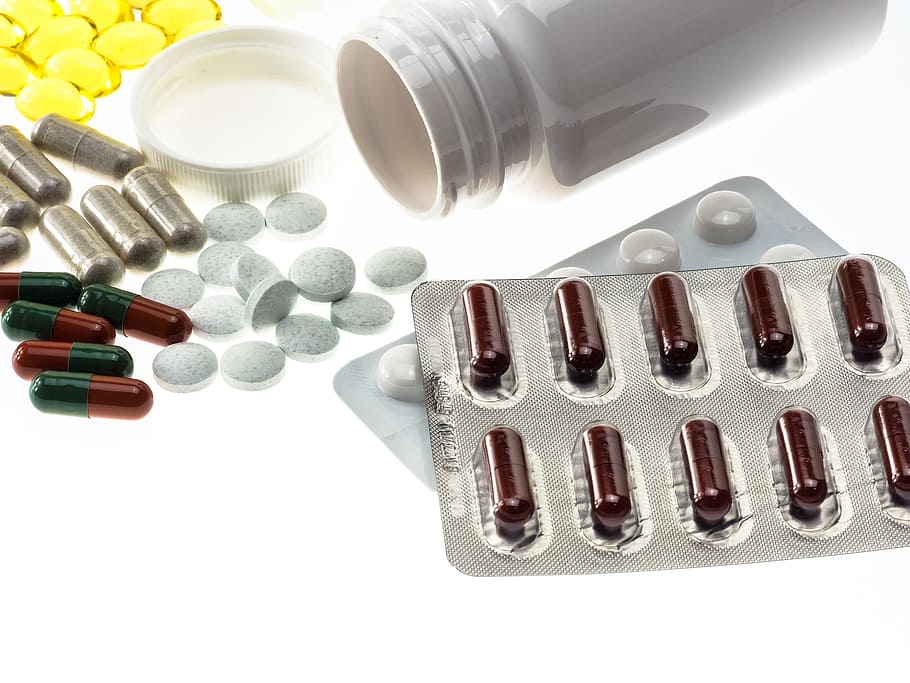
Administration in Children: Dosage and Safety
Ivermectin is a safe medication for children when prescribed by a healthcare provider. However, there are specific dosage considerations that should be taken into account when administering ivermectin to children. Adjusting the dosage according to the child's weight may be necessary. Ivermectin should not be given to children under five years old in addition. Children with certain medical conditions may not be suitable candidates for ivermectin treatment. To ensure the safety and appropriateness of medication. It is essential to consult with your child's healthcare provider before administering any medication.
XI. Handling Overdosage of Ivermectin
Signs of Overdosage and Immediate Actions
In the event of an overdose of ivermectin, it is crucial to promptly seek medical attention due to the severe symptoms that may arise. Signs of an ivermectin overdose encompass nausea and vomiting, dizziness and confusion. Loss of coordination, seizures, and even coma. Therefore, If one suspects an overdose of ivermectin has occurred, seeking immediate medical assistance is imperative.
Long-term Management of Overdosage Cases
Long-term management of cases involving an overdose of ivermectin hinges on the severity of symptoms and the quantity of medication ingested. Treatment options may comprise activated charcoal to hinder additional absorption, intravenous fluids, and electrolytes from sustaining proper hydration and electrolyte balance, as well as symptomatic care for seizures or other symptoms that may arise. Close surveillance for potential complications such as liver or kidney impairment is crucial. If you suspect an overdose of ivermectin, it is imperative to seek medical assistance promptly.
XII. Storage and Handling Precautions for Ivermectin
Recommended Storage Conditions for Ivermectin
Ivermectin is a medication utilized in the treatment of various conditions caused by parasites. To ensure its effectiveness and safety it is crucial to store ivermectin correctly. Specifically, it should be stored at room temperature. Ranging from 20°C to 25°C (68°F to 77°F). It is recommended that you keep ivermectin in its original container with the lid securely closed. Additionally, remember to store it out of the reach of children and pets for their safety.
Handling Precautions to Maintain Potency and Safety
Proper storage conditions are not the only aspect to consider when handling ivermectin. Other precautions must be taken to ensure its effectiveness and safety. It is crucial to take ivermectin as prescribed by a healthcare provider and avoid sharing it with others. Consult a healthcare provider before taking ivermectin with alcohol or other medications. Additionally, if you have an allergy to ivermectin or its components, It should not be taken.
XIII. In Conclusion: Reviewing the Key Points about Ivermectin
Recap of Essential Information about Ivermectin
Ivermectin, an antiparasitic medication, is prescribed by healthcare providers to treat various conditions caused by parasites. Following the prescribed dosage and adhering to all storage and handling instructions is crucial to ensure its effectiveness and safety.
Importance of Responsible Use of Ivermectin
Maintaining responsible usage patterns when employing ivermectin assumes excellent significance in curbing the evolution of drug-resistant parasites. The misuse or excessive application of this substance can foster the development and spread of resistant strains among parasite populations, potentially impeding future attempts at treating parasitic infections effectively. Should any doubts or concerns arise concerning Ivermectin use reaching out to your healthcare provider becomes an imperative course of action.
1 . Get Rid of Scabies Using Generic Stromectol Ivermectin Therapy
2 . Proper Ways of Using Generic Stromectol to Treat Parasitic Infections
3 . Generic Stromectol Ivermectin: Various Side Effects Related to Treatment
5 . Ivermectin - An Affordable Treatment Option For Tropical Diseases
6 . The Science Behind Ivermectin - How It Works in the Body
Ivermectin FAQ
- What are the side effects of Ivermectin?
- What is the dose of Ivermectin?
- What is the dosage of Ivermectin for humans?
- What are Ivermectin tablets?
- What is Ivermectin used for in dogs?
- How is Ivermectin used in dogs?
- Is Ivermectin for sale?
- What is Ivermectin cream?
- What is Ivermectin paste?
- What is Ivermectin used for in horses?
- What is the human dose of Ivermectin?
- Is Ivermectin used for rosacea?
- Is Ivermectin used for scabies?
- Is Ivermectin used in cats?
- Is Ivermectin available at Tractor Supply?
- What are Ivermectin pills?
- What are the side effects of Ivermectin in humans?
- Is Ivermectin used for treating scabies?
- What is Ivermectin horse paste?
- Is Ivermectin used in cats?
- What is the dosage of Ivermectin for dogs?
- What is the dose of Ivermectin for dogs?
- What is Ivermectin injectable?
- Is Ivermectin used for lice?
- What is Ivermectin topical?
- What are the uses of Ivermectin in humans?
- What is the dosage of Ivermectin for scabies?
- How is Ivermectin dosed for scabies?
- What is the Ivermectin dosage for scabies?
- What is Ivermectin lotion?
- Is Ivermectin used for lice?
- Is Ivermectin used for chickens?
- Is Ivermectin used for goats?
- Where can I find Ivermectin near me?
- What is Ivermectin pour-on?
- What are the interactions of Ivermectin?
- What is Ivermectin liquid?
- Is Ivermectin used in chickens?
- Is Ivermectin used in goats?
- Is Ivermectin used for cattle?
- What is the mechanism of action of Ivermectin?
- Is Ivermectin used for ear mites?
- Is Ivermectin used for heartworm?
- Can Ivermectin be taken with alcohol?
- What are Ivermectin tablets 12mg used for?
- What are the drug interactions of Ivermectin?
- What is Ivermectin medicine?
- Is Ivermectin used for mange?
- How is Ivermectin used for lice treatment?
- What are the uses of Ivermectin cream?
- Is Ivermectin cream available over the counter?
- Is Ivermectin used for tapeworm?
- What is the price of Ivermectin?
- What is the brand name of Ivermectin?
- What are the benefits of Ivermectin?
- What is the cancer dose of Ivermectin?
- Is Ivermectin used for parasites?
- Can Ivermectin be used during pregnancy?
- What are the uses of Ivermectin tablets?
- Is Ivermectin available at Walgreens?
- Is Ivermectin available at Walmart?
- What is Ivermectin rosacea cream?
- Is Ivermectin for human use?
- Is Ivermectin used for head lice?
- What is the Ivermectin cancer protocol?
- What are the contraindications of Ivermectin?
- What is the generic form of Ivermectin?
- Can Ivermectin cause diarrhea?
- Is Ivermectin used as a wormer?
- What are the symptoms of Ivermectin overdose?
- What are the reviews of Ivermectin?
- Can Ivermectin pour-on be used for chickens?
- What is Ivermectin Plus?
- Is Ivermectin safe during pregnancy?
- Is Ivermectin used as a dewormer?
- What is the dosage of Ivermectin for cats?
- Is injectable Ivermectin suitable for goats?
- Is Ivermectin used for brain cancer?
- Is Ivermectin available at Tractor Supply?
- Is Ivermectin available at CVS?
- What is Ivermectin Gold?
- What about Ivermectin tablets 12mg?
- Are there any drug interactions with Ivermectin?
- What is Ivermectin medicine?
- Is Ivermectin used for mange?
- How is Ivermectin used for lice treatment?
- What are the uses of Ivermectin cream?
- Does Ivermectin treat tapeworms?
- What is the price of Ivermectin?
- What are the brand names of Ivermectin?
- What are the benefits of Ivermectin?
- What is the cancer dose of Ivermectin?
- Is Ivermectin used for parasites?
- Can Ivermectin be used during pregnancy?
- What about Ivermectin toxicity in dogs?
- What are the uses of Ivermectin tablets?
- How is Ivermectin rosacea cream used?
- What are the side effects of Ivermectin in dogs?
- Is there Ivermectin liquid for horses?
- Can Ivermectin be used in humans?
- Is Ivermectin used for head lice?
- What are the contraindications for Ivermectin?
- What is the generic for Ivermectin?
- Can Ivermectin cause diarrhea?
- Is Ivermectin used as a wormer?
- What are the symptoms of an Ivermectin overdose?
- What do reviews say about Ivermectin?
- Can you use Ivermectin pour-on for chickens?
- What is Ivermectin Plus?
- Is Ivermectin safe during pregnancy?
- Is Ivermectin used as a dewormer?
- What is the dosage of Ivermectin for cats?
- Can you use injectable Ivermectin for goats?
- Does Ivermectin have a role in brain cancer treatment?
- Can you find Ivermectin at Tractor Supply?
- Is Ivermectin available at CVS?
- What is Ivermectin Gold?
- What is the generic name of Ivermectin?
- Can you get Ivermectin for cats without a vet prescription?
- What is Ivermectin with Praziquantel?
- Are there Ivermectin tablets for dogs?
- Is Ivermectin used as a treatment for scabies?
- What are the uses of Ivermectin for dogs?
- Can you use Ivermectin pour-on for goats?
- Is there Ivermectin paste for dogs?
- Can you use Ivermectin injection for dogs?
- What is the use of Ivermectin for mites?
- What is Ivermectin shampoo?
- What is the significance of Ivermectin in apple flavor?
- What is Ivermectin Heartgard?
- What is Ivermectin gel?
- Should Ivermectin be taken with or without food?
- What is Ivermectin topical solution?
- What does an Ivermectin rash look like?
- How does Ivermectin treat river blindness?
- What is Ivermectin paste from Tractor Supply?
- What are Ivermectin drops?
- What kind of drug is Ivermectin?
- What is the use of Ivermectin for mites?
- What is Ivermectin shampoo?
- What is the significance of Ivermectin in apple flavor?
- What is Ivermectin Heartgard?
- What is Ivermectin gel?
- Should Ivermectin be taken with or without food?
- What is Ivermectin topical solution?
- What does an Ivermectin rash look like?
- How does Ivermectin treat river blindness?
- What is Ivermectin paste from Tractor Supply?
- What are Ivermectin drops?
- What kind of drug is Ivermectin?
- What are Ivermectin eye drops?
- What is the structure of Ivermectin?
- How is Ivermectin used for acne?
- How does Ivermectin prevent heartworm?
- What are the side effects of Ivermectin cream?
- What is the price of Ivermectin cream?
- What is Ivermectin goat wormer?
- Will Ivermectin kill fleas?
- Will Ivermectin kill tapeworms?
- Can Ivermectin cause a yeast infection?
- How do Ivermectin and Fenbendazole compare?
- What is the relationship between Ivermectin and rosacea?
- Can Ivermectin be used while breastfeeding?
- Can Ivermectin be used to treat lymphoma?
- What does Ivermectin treat?
- What is the topical dosage of Ivermectin for humans?
- Can Ivermectin cause weight loss?
- Is it safe to take Ivermectin while pregnant?
- What are the symptoms of Ivermectin poisoning in dogs?
- What is Ivermectin injection for cattle?
- What are the interactions of Ivermectin with other drugs?
- What is Ivermectin meta analysis?
- What is Ivermectin equine?
- Is Ivermectin sheep drench safe for goats?
- Can Ivermectin liquid be used for dogs?
- What does Ivermectin look like?


